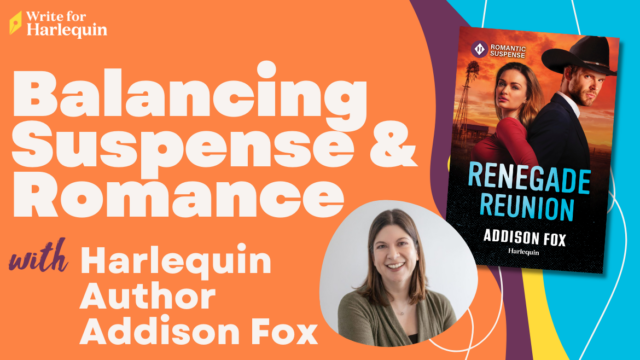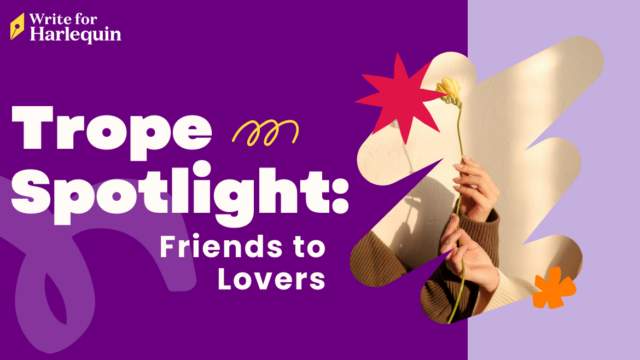Series refers to a publishing approach that, these days, is pretty much unique to Harlequin. As you’re no doubt aware, our series books fall into the romance category or genre. Of course, the majority of books published as genre fiction are single or stand-alone titles (and “author-driven” series like those of Sue Grafton and Laura Lippman—to take a couple of well-known examples in the mystery/suspense genre). Or in YA, the Suzanne Collins stories. Or… well, examples are endless.
When we speak about Harlequin romance series, we’re not talking (for the most part) about editorially linked stories; we mean romance novels grouped according to certain parameters—primarily what kind of romance it is, its level of sensuality and page count. Each series makes a “promise to the reader,” which is usually indicated by its name and branding. For example: Harlequin Dare offers a more sensual, more explicit romance. Harlequin Historical is a series of stories set in the past. Romantic Suspense is exactly what it says. And so on. In each series, there are clearly signaled sub-series or sub-groupings of stories. And within the parameters that the various series are built around, there’s a variety of story types.
Another important fact about the series romance business is the fact that it’s based on a different kind of distribution model than you generally find with single titles (whether fiction or non-fiction), one that’s closer to traditional magazine distribution. Either 4 or 6 books, depending on the series, are published and distributed monthly on a standing order basis. The next month’s slate replaces the current one at a predetermined time. (But don’t forget that digital publishing, in which every major house is involved, is changing the landscape of publishing in ways that haven’t become entirely clear. For one thing, all books could be available all the time…. And when it comes to buying digital devices and reading ebooks, romance fans have been leading the charge!)
Single title or mainstream romance represents a large percentage of bestselling fiction; it also includes sub-genres like romantic suspense, paranormal romance, western romance, historical romance, romantic comedy, etc. You’ll recognize the names of writers like Jayne Anne Krentz, Debbie Macomber, Linda Lael Miller, Nora Roberts, Diana Palmer, Susan Mallery, Sandra Brown, Sherryl Woods and Heather Graham among others. They’re all New York Times and USA Today bestselling authors. Two interesting things you might not know: 1) they–and quite a few others–started as series romance writers and 2) their series romance reprints, repackaged as single titles, regularly hit high positions on the bestseller lists.
These points would suggest that there really isn’t that much difference between mainstream and series romance. And to a significant extent, this is true. But, in addition to the different publishing and distribution models, there are certain obvious distinctions. Sometimes (but not always) the advance for mainstream titles is higher, and they might remain on bookstore shelves longer.
So—how are they different editorially? Well, single title romance often has a larger scope, which allows such a story to address themes and secondary relationships there may not be room for in a series romance. (This is, of course, a huge generalization!) There may be a little more freedom when it comes to “bad” language or violence and so forth in commercial mainstream fiction. Series romance does demand a “happy” or at least hopeful and optimistic ending; many people would consider that a key difference. One thing we in the romance biz can say with certainty is that the writing, the storytelling and the characterization in series romance can be (and should be!) as good and as true as anything else out there.
There can be a greater degree of safety for the author in writing for series. As well as the chance to learn and hone your craft, you’ll become closely aware of what your reader wants and expects. You’ll also have the chance to develop a connection with your readers, to create a community with them. Readers all over the world are looking for a good story, well told. A story that engages and entertains, that makes them feel, think, laugh and cry…
Welcome to the world of Harlequin series romance, which has brand-new opportunities for storytellers like you! Maybe your story belongs with us. Tell us what you think.




